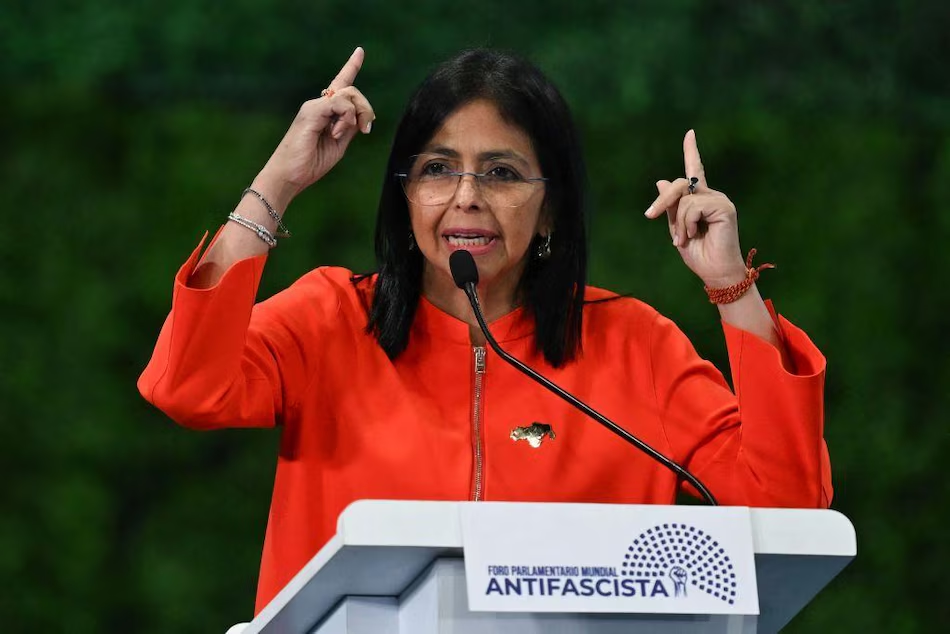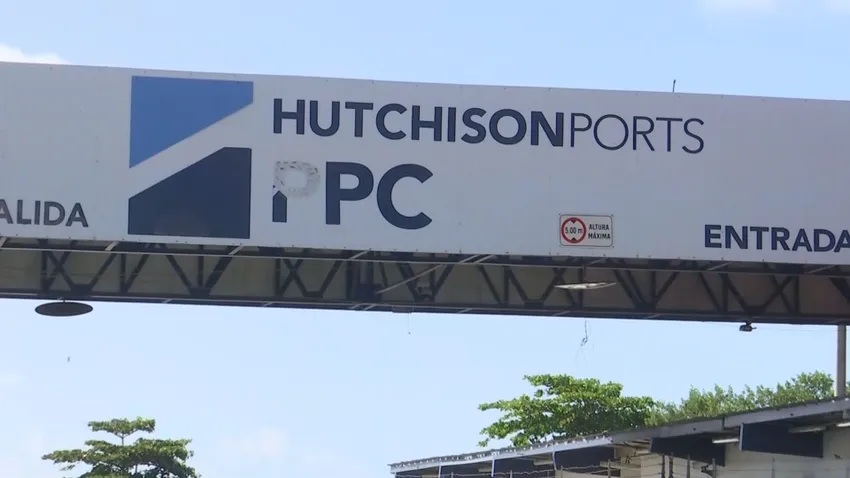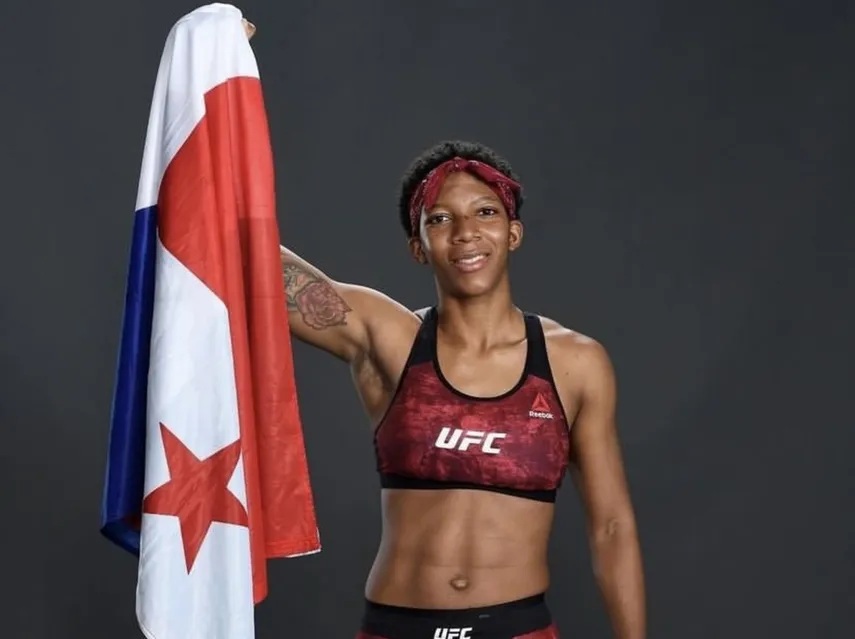Panama President Mulino Dismisses Donald Trump’s Threat as Nonsense
Panama President José Raúl Mulino has dismissed claims from Trump that the Panama Canal could fall into the hands of China.
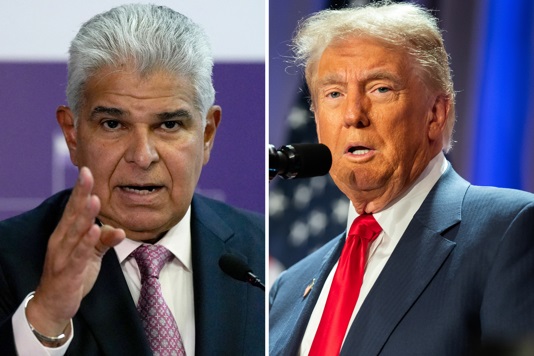
Panama’s president has openly dismissed a recent claim from President-elect Donald Trump that China interfered with the Panama Canal, calling the remark “nonsense.” Panamanian President José Raúl Mulino denied the claim on Thursday at a news conference. It came after Trump wrote a “Merry Christmas” message on Truth Social on Wednesday: Mulino said at a Thursday news briefing “There are no Chinese soldiers in the canal, for the love of God. It’s nonsense. There is absolutely no Chinese interference or involvement in anything that has to do with the Panama Canal. There are no no Chinese or any other world power at the canal.” Mulino added: “If they’re Chinese, if they’re Costa Rican, if they’re American, all are welcome who want to invest in the country. There is no discrimination here in foreign investment.

A protest broke out near the US embassy in Panama City after Donald Trump suggested the US might try to take back control of the Panama Canal.
Scott Jennings shared his thoughts Thursday on the reaction of Panama after President-elect Donald Trump threatened to take back the Panama Canal. Scott Jennings (born October 26, 1977) is an American political strategist and writer. He worked in the George W. Bush administration and has been described as an adviser to Senator Mitch McConnell. He is an opinion contributor for CNN, USA Today, and the Los Angeles Times.
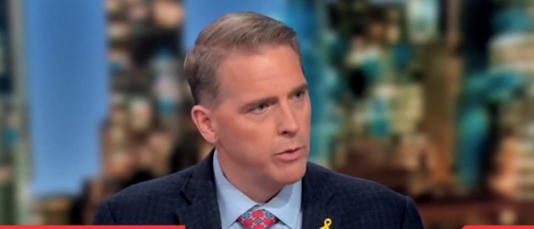
‘Do I Care If Panama Is Angry?’: Scott Jennings On Concerns Over Trump’s Threats To Take Back Panama Canal
Scott Jennings shared his thoughts Thursday on the reaction of Panama after President-elect Donald Trump threatened to take back the Panama Canal. Trump openly challenged Panama’s management of the canal and suggested the U.S. have control over Canada and Greenland. Jennings dismissed concerns about potentially upsetting Panama following Trump’s remarks. “Do I care if Panama is angry? I mean, honestly, I need them to understand, and Donald Trump needs them to understand that we are the dominant superpower in this hemisphere,” Jennings said. “He needs to have a conversation with them about that. And I hope that he does. And yes, they are an ally, but this is a vital thing.” Jennings said this pushback from Trump is less about instigating diplomatic spats and more about reasserting American dominance. “I think Donald Trump is trying to send a message to the Chinese, and he’s also trying to send a message to everyone else in the hemisphere that I’m not gonna put up with this encroachment,” Jennings said. China is having encroachment in this hemisphere, in Africa, all over the world. They are trying to act like the world’s leading superpower. They are trying to exert their values and their way of life all over the world.”

In 1977, Carter signed a treaty with Omar Torrijos, who, at the time, was the leader of Panama’s military junta. That treaty initiated the transfer process that was completed in 1999, transferring full authority to the Panama Canal Authority. Prior to this agreement, the U.S. had secured extensive control over the canal area through the 1903 Hay-Bunau-Varilla Treaty, which allowed for its construction, maintenance, operation and protection. After Colombia rejected an American bid to take over a failed French project, the U.S. supported a Panamanian independence movement, paving the way for the canal’s construction, which became America’s most costly infrastructure project at the time. According to a senior Panama Canal source this year, U.S. military vessels have contributed very little to the interoceanic waterway’s finances over the past nine years. “and they do not have to pay reservations, and they are given priority passage,” he added. In nine years, the US Navy only paid $17 million in tolls.


